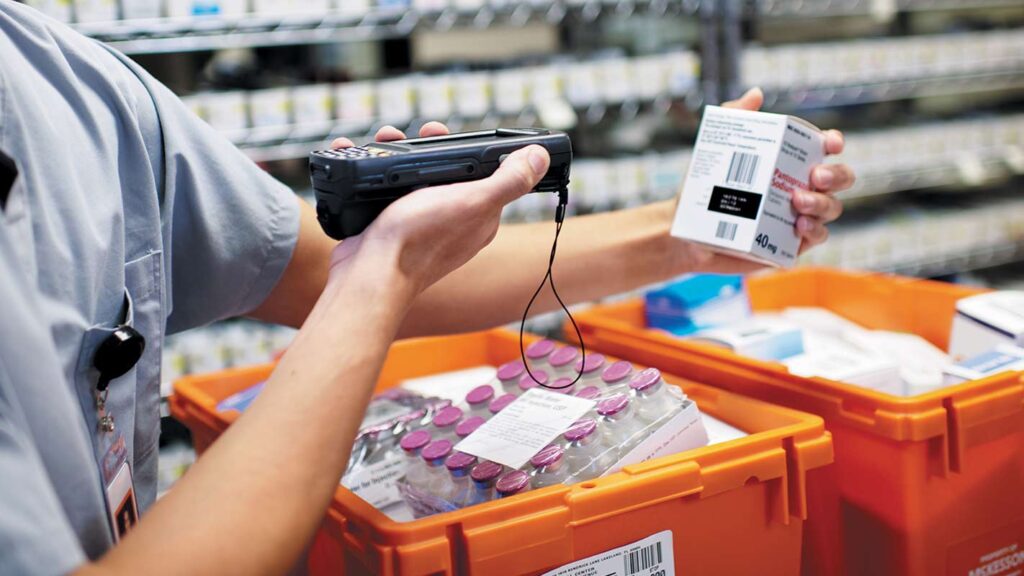The clinical inventory industry is an indispensable part of the worldwide medical services environment, giving the instruments, hardware, and supplies vital for the powerful determination, therapy, and care of patients. From the least complex swathe to the most developed symptomatic apparatus, clinical supplies are crucial in both everyday practice and basic consideration. As the world wrestles with rising medical care requests, maturing populaces, and the requirement for better well-being results, the job of the clinical stock industry has never been more essential. This article investigates the importance, development, and eventual fate of the clinical inventory industry.
The Extent of the Clinical Stock Industry
The clinical stockpile industry envelops a large number of items that are fundamental for medical services conveyance. These incorporate expendable things like gloves, veils, and needles, as well as sturdy clinical hardware (DME, for example, wheelchairs, emergency clinic beds, and demonstrative machines. The business additionally covers clinical gadgets like pacemakers, insulin siphons, and careful instruments, alongside consumables like wraps, IV liquids, and germicides.
Clinical supplies are utilized in different medical services settings, including medical clinics, centers, long-haul care offices, and home consideration conditions. They are basic for preventive consideration, crisis reactions, surgeries, and progressing patient administration. Given the variety of items inside the business, clinical supplies are ordinarily ordered in light of their utilization, risk level, and administrative necessities.
The Development of the Clinical Stock Industry
The clinical stockpile industry has developed fundamentally throughout the last hundred years, driven by headways in innovation, changes in medical services practices, and changes in worldwide wellbeing patterns. In the mid-twentieth 100 years, most clinical supplies were basic, reusable apparatuses. Notwithstanding, the ascent of irresistible sicknesses and the requirement for clean conditions prompted the improvement of expendable clinical supplies, which fundamentally diminished the gamble of cross-defilement.
The post-The Second Great War period saw a flood in clinical development, with the presentation of new materials, for example, plastics, which upset the creation of clinical supplies. This period likewise denoted the start of the advanced clinical gadget industry, with the improvement of complex indicative and remedial gear.
In many years, the clinical stock industry has been changed by computerized innovation and biotechnology. The incorporation of microelectronics into clinical gadgets has prompted the making of convenient indicative apparatuses, wearable well-being screens, and implantable gadgets that offer continuous information and remote observing abilities. Biotechnology has empowered the improvement of cutting-edge wound care items, drug conveyance frameworks, and regenerative medication supplies.
Challenges Confronting the Clinical Stockpile Industry
Notwithstanding its basic significance, the clinical stock industry faces a few difficulties. One of the most critical is the issue of production network for the executives. The Coronavirus pandemic featured weaknesses in worldwide stockpile chains, with deficiencies of individual defensive gear (PPE), ventilators, and other basic supplies influencing medical services frameworks around the world. Guaranteeing a strong and responsive store network is fundamental for the business to satisfy future needs.
Administrative consistency is another significant test. Clinical supplies should stick to severe security and adequacy principles set by administrative bodies like the U.S. Food and Medication Organization (FDA) and the European Drugs Office (EMA). These guidelines guarantee that items are ok for use however can likewise make huge boundaries to advertise passage for new organizations or items. The administrative scene is persistently developing, particularly with the presentation of innovations, expecting organizations to remain refreshed and deft.
Cost control is likewise a major problem. Medical services suppliers are feeling the squeeze to decrease costs while keeping up with top-notch care. This has prompted an expanded investigation of clinical stockpile costs and a push for esteem-based buying. Makers are tested to advance and deliver savvy arrangements without settling on quality or well-being.
The Effect of the Clinical Stock Industry on Medical Services
The clinical stock industry significantly affects medical care conveyance and patient results. By giving vital apparatuses and gear, the business empowers medical services suppliers to analyze, treat, and care for patients successfully. The accessibility of excellent clinical supplies straightforwardly impacts the nature of care that patients get.
For instance, the far-reaching accessibility of dispensable gloves, veils, and needles has altogether diminished the occurrence of emergency clinic gained contaminations. High-level careful instruments and imaging hardware have made complex medical procedures more secure and more exact. Versatile demonstrative gadgets consider early identification and intercession, working on understanding results and lessening the requirement for additional intrusive strategies.
The business likewise assumes a basic part in supporting general well-being drives. Inoculation crusades, crisis reaction endeavors, and infection counteraction programs all depend vigorously on clinical supplies. The new rollout of Coronavirus antibodies, for example, could never have been conceivable without the organized endeavors of the clinical stockpile industry in delivering and appropriating billions of dosages worldwide.
The Eventual Fate of the Clinical Inventory Industry
As the medical care scene keeps on advancing, the clinical inventory industry is ready for additional development and advancement. Innovations like 3D printing, man-made brainpower (artificial intelligence), and nanotechnology are supposed to change the creation and usefulness of clinical supplies. For instance, 3D printing could empower the on-request creation of redone inserts and prosthetics, while simulated intelligence-driven investigation could improve the inventory network of the executives and anticipate requests all the more precisely.
Maintainability is likewise turning into a vital concentration for the business. With an expanding consciousness of natural issues, there is a developing interest in eco-accommodating clinical supplies. Organizations are investigating the utilization of biodegradable materials, decreasing bundling waste, and taking on more manageable assembling processes.
All in all, the clinical stock industry is a foundation of current medical services. It gives the fundamental apparatuses and gear expected to convey powerful consideration, upholds general well-being drives, and drives advancement in clinical innovation. As the business keeps on developing, it will assume a considerably more basic part in molding the eventual fate of medical services, guaranteeing that suppliers can address the difficulties of a quickly impacting world while conveying excellent consideration to patients all over.

